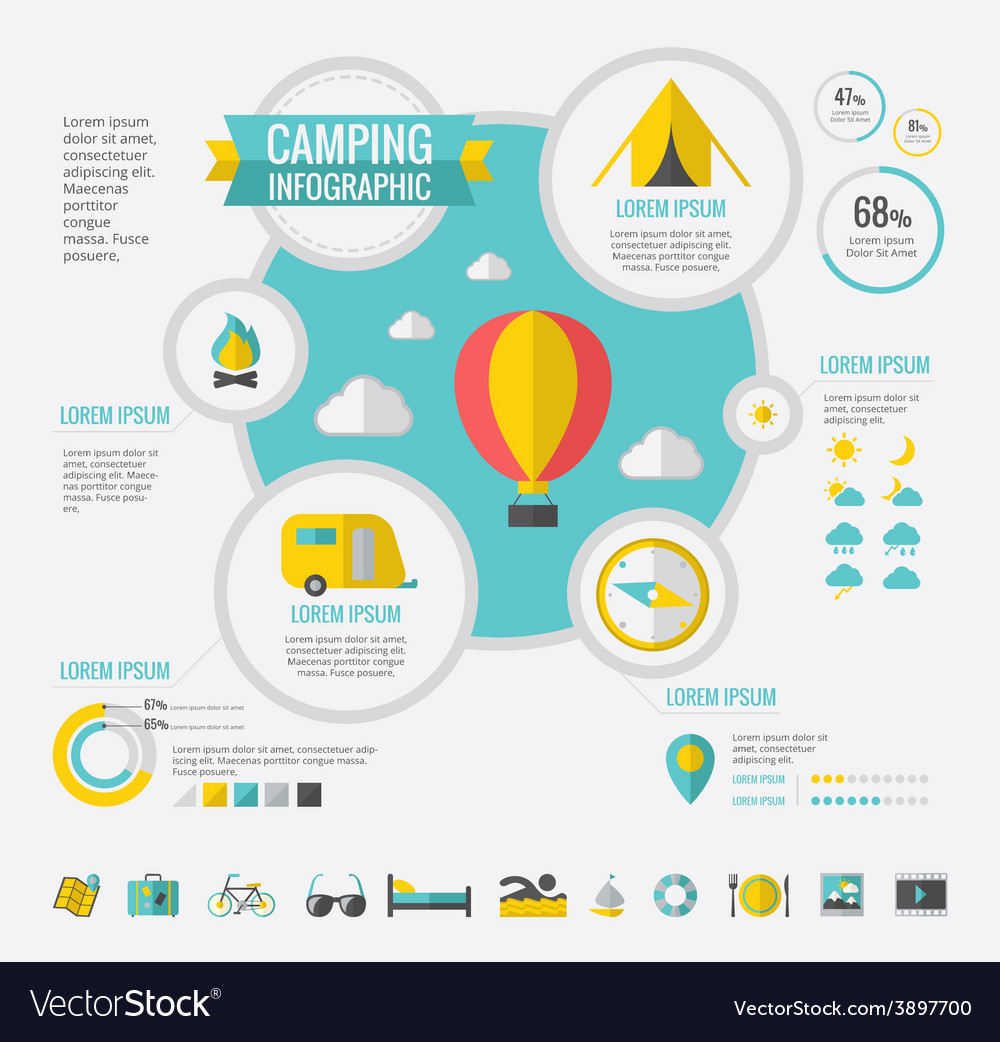Selecting the right framework material is important for event camping tents. Whether it's covered steel for spending plan tents or anodized light weight aluminum for sturdy applications, there are several factors to consider to bear in mind.
Steel frameworks prevail in lower-priced pop-up tents yet are prone to rust even with coatings and require routine upkeep. Light weight aluminum is light-weight, normally withstands corrosion, and holds up well in humid or coastal environments.
Steel
When it concerns ensuring the longevity of custom camping tents, the product made use of in their frameworks plays an essential duty. Steel and aluminum alloys both supply costs toughness, however each offers distinct advantages that make it appropriate for different kinds of settings. Steel is ideal for rugged conditions, while light weight aluminum excels in resisting rust and lessening upkeep expenses.
When event hosts select the best camping tent for their demands, they need to take into consideration variables like expected weather conditions. For instance, structure camping tents usually execute much better in windy or rainy conditions than post camping tents since they don't count on a main post to support the framework. Nevertheless, the links between framework items can compromise in high stress and anxiety scenarios. Determining these weak points and doing routine examinations can help avoid potential damages.
Steel frameworks are difficult to cut, weld or form, which can call for specific tools and increase labor prices. On top of that, they have a tendency to rust or corrode conveniently and might need additional defense or finishings. Additionally, steel is really hefty and can cause issues when delivering a canopy. It's additionally challenging to save for extended periods of time since it takes up a lot more area than light weight aluminum frames.
Aluminum
Light weight aluminum is a popular framework product for cover tents since it's light-weight, rust-resistant, and very easy to carry and set up. It also gives an extra secure sanctuary during gusty conditions than steel structures. Aluminum is less vulnerable to tearing and any type of damage can be easily fixed, extending the life of the tent. It additionally breathes to lower condensation and uses remarkable acoustic insulation to moisten outside noise.
The resilience of light weight aluminum framework outdoors tents is additionally enhanced by the natural oxidation residential properties of the steel. It develops a portable oxide layer that shields the surface from corrosion and stains. As such, the longevity of an aluminum pop up tent can be improved even further when the frame is anodized.
Anodized light weight aluminum is more powerful than steel and can hold up against high wind rates. Furthermore, the finish stands up to deterioration and stains, prolonging the life-span of the tent. Additionally, plated aluminum is recyclable and lasting, making it ideal for companies looking for LEED certification. The combination of these buildings makes aluminum a more cost-effective option than steel for huge, sturdy outdoors tents, such as those made use of to fit commercial devices and storage facility inventory. Steel, on the other hand, is more costly due to the fact that it calls for pricey alloys such as nitrogen, molybdenum, and chromium to improve toughness.
Iron
Iron frame tents commonly last up to 15 years if the appropriate treatment and maintenance is applied. This includes regularly cleansing material and examining awning metal parts for deterioration and wear. By taking these procedures, event hosts can make the most of the reliability of their structures and guarantee their continued performance in tough atmospheres.
Steel is an optimal material for creating long lasting camping tents, especially for usage in extreme weather conditions. It is a solid, durable, and budget-friendly material that supplies security and resilience for a wide range of applications. Nonetheless, steel is prone to rusting in damp and coastal settings. The addition of safety layers and routine maintenance can aid to reduce this risk, however these efforts raise general maintenance prices.
In contrast, light weight aluminum is a much more durable selection for a custom-made outdoor tents because of its all-natural oxidation properties. When anodized, light weight aluminum ends up being super-strong and approximately three times harder than common aluminum alloys. This makes plated aluminum the second-hardest material next to diamond (satellites, airplane, and army cars all make use of anodized aluminum). Along with its toughness, anodized light weight aluminum is likewise more resistant to rust than steel. These aspects make aluminum an exceptional selection for appear cover tents and contribute to their capability to lug longer guarantees (5, 7, and also lifetime framework service warranties). Additionally, light weight aluminum is 1/3 the weight of steel allowing for a much thinner framework layout for more personalization alternatives and enhanced toughness.
